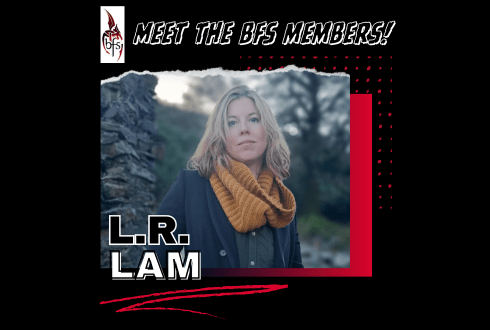Every Friday, we meet a member of the BFS and peer deep into their soul (or, at least, a form they filled out). Want to be featured? Email us: online@britishfantasysociety.org
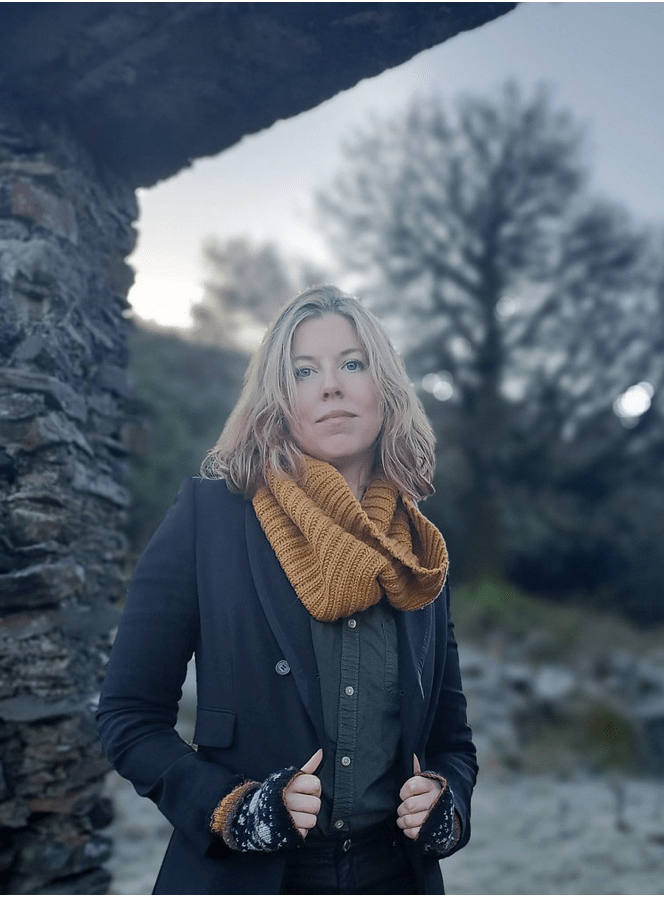
Name, including preferred pronouns:
L.R. Lam (she/they)
Which region are you based in?
Scotland
If you write, which genre:
Sci-fi & fantasy
Are you drawn to any specific SFFH sub-genres?
I have written most of them at this point: epic fantasy romance, gaslamp fantasy, cyberpunk, near future space thrillers, and space opera.Â
(Photo credit: Noelle Harrison)
Your influences
Tell us about the book/film/thing that got you into SFFH: What was it? How old were you? What impact did it have on you?
I can never choose just one, but I think of it in three phases: my first fantasy book I can remember reading is The Fellowship of the Ring when I was 9, though quite a bit of it went over my head. When I was 11, Mercedes Lackey, Tamora Pierce, Lynn Flewelling, and Anne McCaffrey were my primary gateway into fantasy and then later SF. My love of fantasy was further cemented when I found Robin Hobb when I was 15 and I never looked back.
How does that early influence show up in your work now?
I ended up meeting and falling in love with my partner through Hobb’s work. I was in California and he was in Scotland. I now live in Scotland and write in no small part because of Fitz and the Fool. Thanks, Hobb. Flewelling’s approach to gender in the Tamir Triad was also influential. Both of my fantasy series (Micah Grey, which begins with Pantomime, and my latest Dragon Scales, which begins with Dragonfall) focus a lot on gender and sexuality, with the former having an intersex protagonist and the latter a nonbinary character whose physical sex is never stated within the book.
My early influence SF were William Gibson, which led to my cyberpunks False Hearts and Shattered Minds. Margaret Atwood’s The Handmaid’s Tale and Octavia Butler’s The Parable of the Sower were influences on Goldilocks, my near-future thriller featuring an Earth wrangling with both climate change and rampant misogyny. Star Wars and Mad Max Fury Road directly led to the Seven Devils duology I co-wrote with my friend Elizabeth May.Â
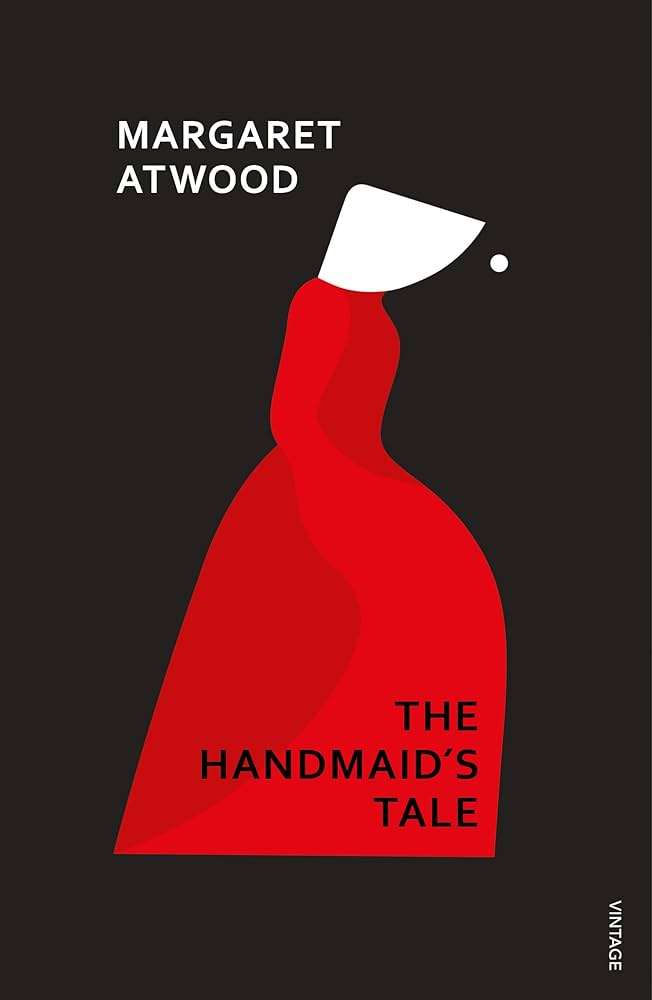
Where do you draw your creative inspiration from?
The standard answer is everything and everywhere. Reading fiction and watching TV and film. Travelling when I can and taking inspiration from new corners of the world. Nonfiction and going down Wikipedia rabbit holes. Going on walks and looking at nature and letting my thoughts idly drift. I write in my local café and the other week two women, both named Kathy, who were 86 and 94 ended up sharing my table. I asked them all sorts of questions about their lives and what it was like living in different decades. I’m sure somehow that conversation will end up feeding a story at some point. Everything nourishes the story brain—it’s always so hungry.
Who do you look to as a genre hero? Why?
I’m going to cheat and give 2.
Robin Hobb, again, to the surprise of no one. I think her character work in particular is so excellent. I sent her a signed copy of Dragonfall and wrote “turn the page for a surprise.†I dedicated it to her and all the fantasy writers who had written worlds that felt like home, and I hope that my world does the same for someone else. I was extremely, extremely relieved when she read it and gave it 5 stars. Would have been quite awkward if she’d hated it.
A more recent genre hero is N.K. Jemisin. The Fifth Season blew my mind and showed me how you can experiment with form and structure and unlock thematics in new ways in genre fiction. I think she’s an absolute genius. That trilogy gave me the courage to be more experimental with Dragonfall’s narrative positions.
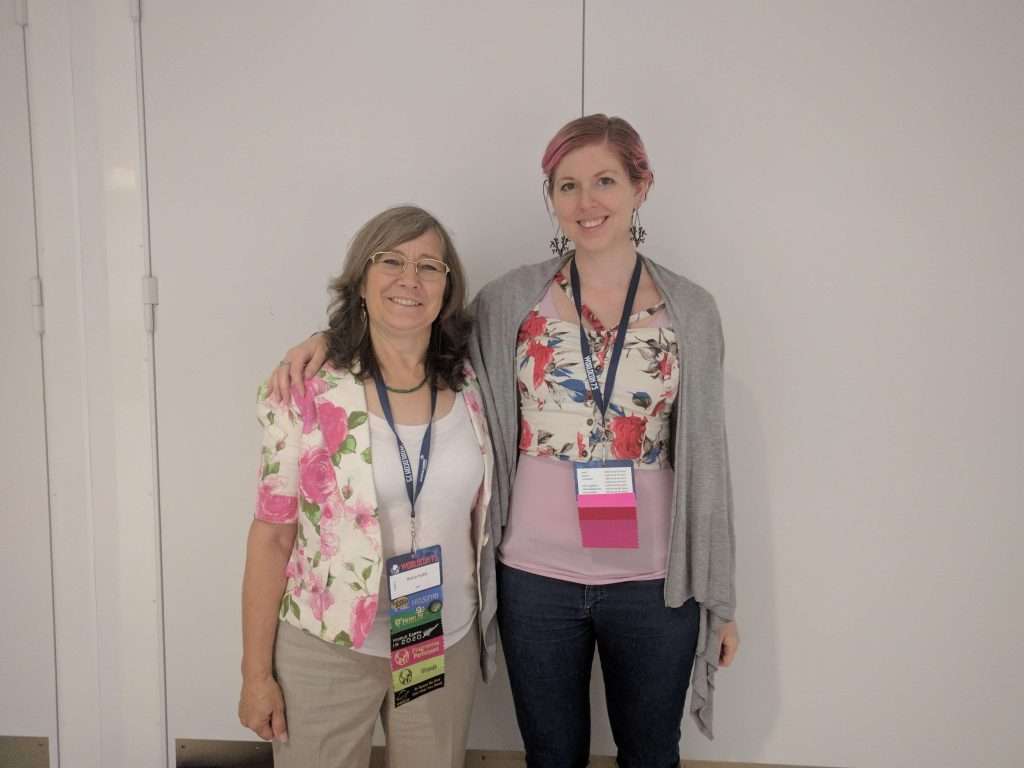
Your work
You’re stuck in an elevator for 60 seconds with that hero, and they want you to describe your work. Give us the pitch.
Robin Hobb has also already read some of my work, which my teenage self would still be bowled over by, so we’d probably just have a nice little chat about her garden or our pets.
The idea of pitching my work to Jemisin in 60 seconds also makes me sweat and I would probably just sputter. If I was collected, something like: “I write weird, queer stuff. Most of my books interrogate bodily autonomy in some way, and everything genre blends because I’m bad at binaries.â€
What are you working on right now?
I am currently working on two projects at once—one is Emberclaw, the sequel to Dragonfall. This is my take on a magic school story and as someone who just ragequit academia, turns out I have a lot to say. My other project is another near-future space thriller in the vein of Goldilocks, but this one is set on the moon.
Thinking about all the stories/work you’ve done, what sticks out most in your mind? Why?
One of my longtime readers called Dragonfall “Pantomime, but grown up (complimentary),†which is exactly it. Each book is a snapshot of what sort of writer I was at the time and what I wanted to say. I wrote Pantomime when I was 22. I wrote Dragonfall in my early 30s, informed by all I’d experienced through another decade. Who knows what sort of stuff I’ll write in the decades to come.  Â
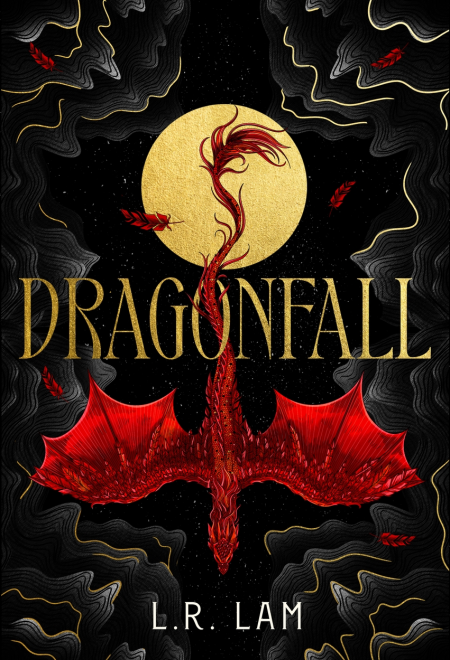
With Dragonfall, I wanted to write star-crossed romance between a dragon and a human, develop a conlang with a linguist, and get extremely nerdy with lore. I wanted to write a queer celebratory world in fantasy and I wanted to experiment with form (the book blends first person, third person, and first-person direct address). I think Dragonfall is my most ambitious work in terms of craft and is currently my most “me†book. In some ways, I’ve found releasing it exposing in a way I wasn’t expecting. I struggled with feeling misunderstood. I’m finally at the point where I’ve accepted some won’t want to understand what I’m going for, and no matter how well I wrote it, I’d never convince them. But for other people, my world does feel like home and it’s the first time they’ve seen themselves reflected in fantasy, and that means everything.
Where and when do you create/are you at your most creative?
I go to a certain café by my house that has no WiFi and I leave my phone at home. I work best in the mornings. The baristas all know me and bring me my coffee without asking and ask how the writing is going when I go up to pay. There’s a bunch of regulars I often chat to, or they sometimes share my table, so it feels very much like “the office.†I’m lucky enough to be nearly a full-time writer for the moment, and it helps me feel less isolated. My friends know they can walk by and I’ll probably be there so they might pop in and say a quick hello. There are many good dogs. It’s my happy place and where I’m most creative.
What’s the best advice you’ve received about creativity?
This poem:
Why Bother, by Sean Thomas Dougherty
Because right now there is someone
out there with
a wound in the exact shape
of your words.
What’s your writing soundtrack?
…Enya. I’m serious—she was my most listened to artist last year. Aside from that, instrumental music or bardcore covers of pop songs.Â
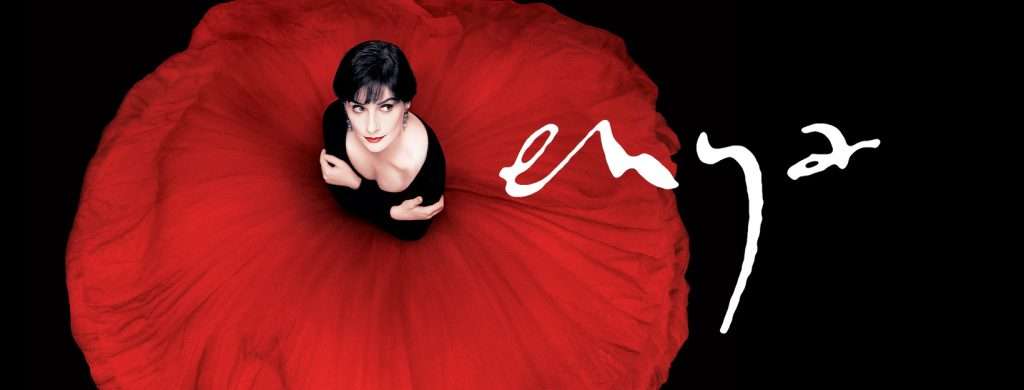
The quickfire round
Sci-fi, fantasy or horror?
All three in the same book.Â
Quiet or loud?
Quiet.Â
Dark or light?
Light.
Strict lines or genre blend?
Genre blend all the way.Â
Awards or bestseller?
Can we dream of both?
Fiction or non-fiction?
Fiction.Â
Poetry or prose?
Prose that reads like poetry.
Plotter or pantser?
Plotter. I work off endless, ever-changing outlines, though they’re often chaotic.Â
Reading or listening?
Reading.
Notebook or computer?
I recently got a ReMarkable e-ink tablet and it’s changed my life (not sponsored).
Favourite SFFH book of all time?
Royal Assassin.
Last book you read?
The City of Stardust by Georgia Summers
Any SFFH author on auto-buy?
Beyond the ones mentioned: Becky Chambers.
Favourite podcast?
Publishing Rodeo, though I have to be in the right frame of mind to listen to it.
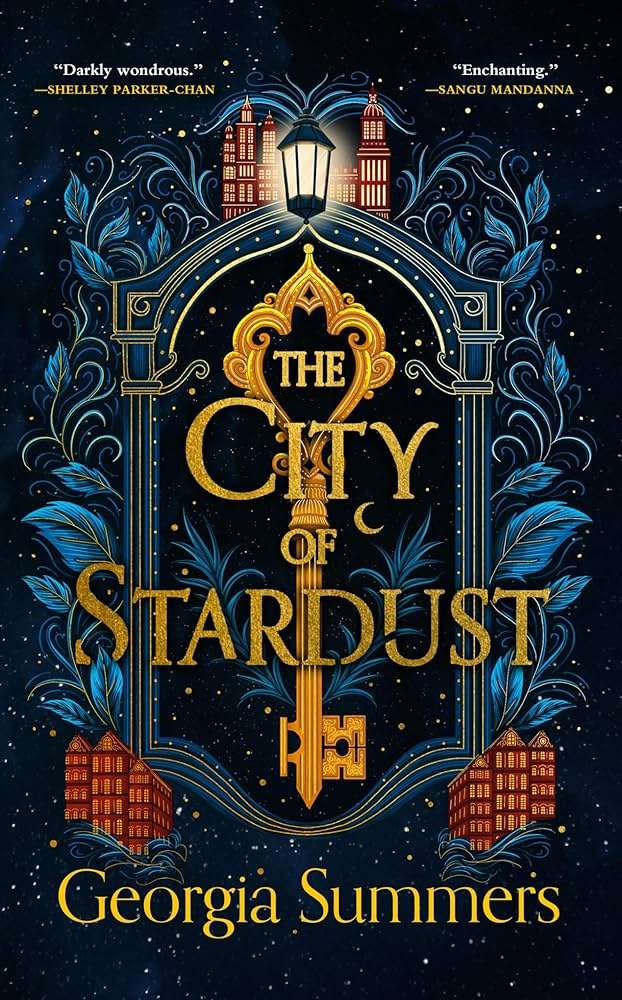
The home stretch
What’s the best thing about being a SFFH writer?
Connection. Making friends with other authors at all stages of their journey. Hearing from a reader who really loved your work. Getting to go to neat events. Money via sales and advances are, of course, good because I’m releasing art in a capitalist hellscape and that enables me to write more stories. But, really, at the end of the day, it all comes down to connection for me, even if I never actually know what my stories mean to a stranger on the other side of the world.
Time to plug your stuff! Where can we find you and your work? What have you got coming up? Consider this your advertising space.
www.lrlam.co.uk should have all relevant information. I’ve narrowed my social media to Instagram (@lr_lam) and TikTok (@lrlamauthor), and only do infrequent updates on the other platforms.
Dragonfall was out last May, and the paperback is out in June. I’m working away on those other two projects, but exact publication dates are still a bit up in the air.
In addition to writing, I also am a part-time writing coach at The Novelry, so I get to help other people with their stories, which I love doing. Thank you for having me.

